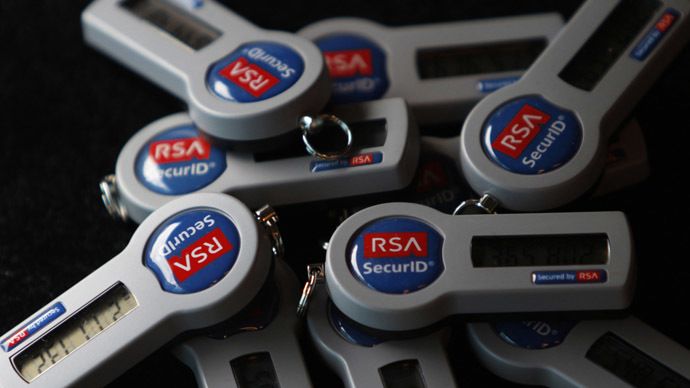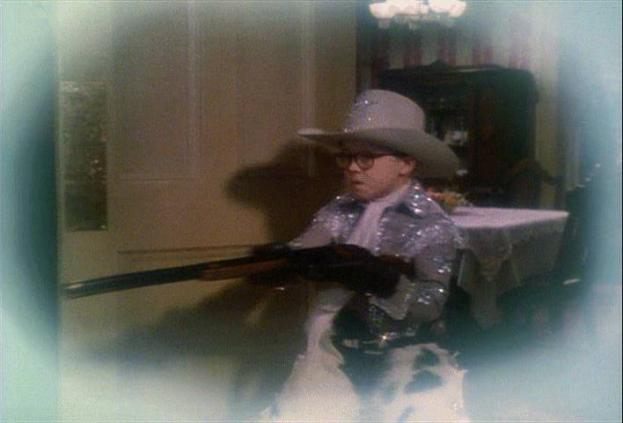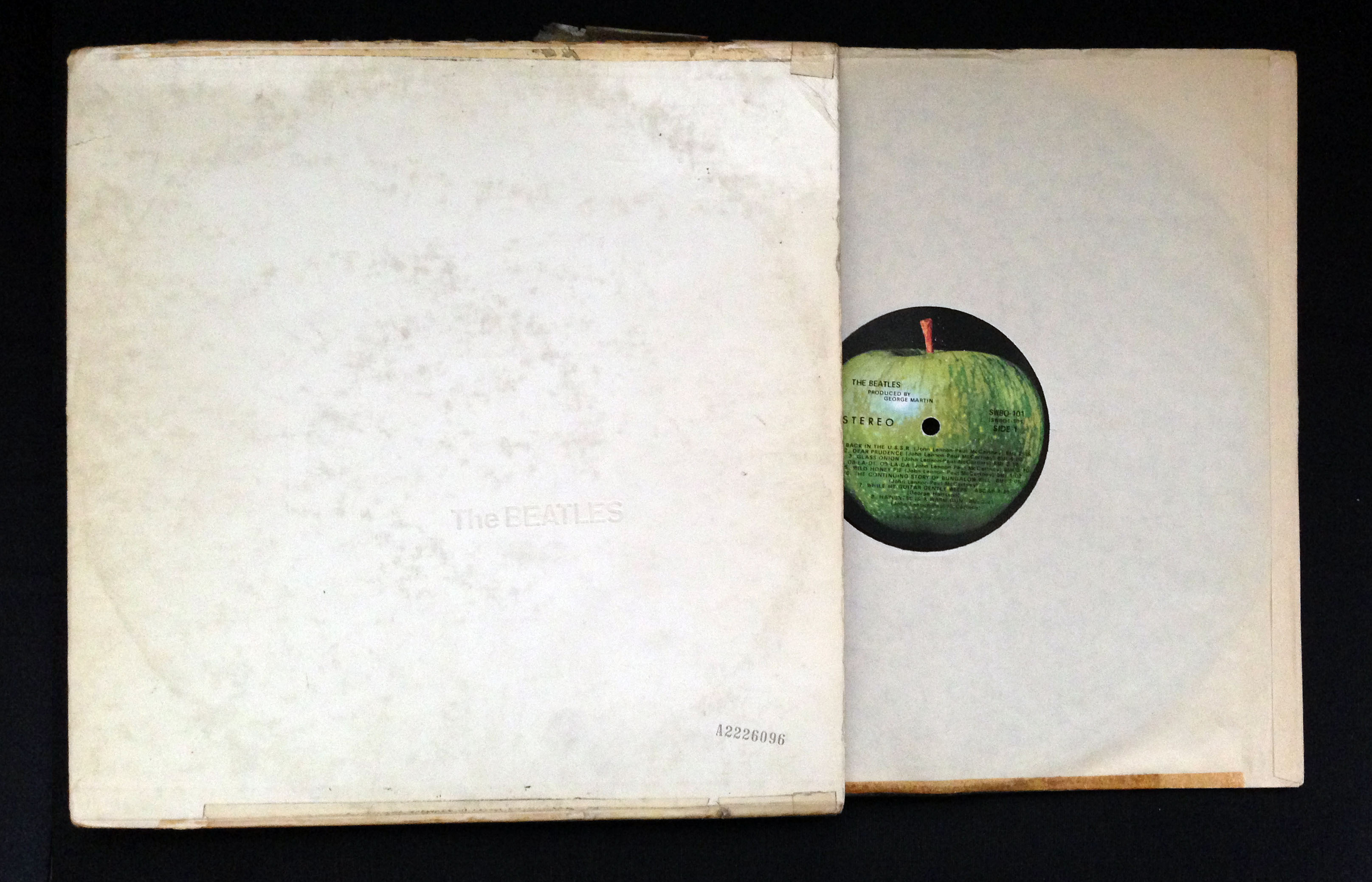My resolve against the inner demons is tested regularly.
Some are little tests, like being put in a room with all the food and alcohol I once binged on daily to see if I can resist the temptation.
Some are bigger tests, like getting lost en route to Washington D.C a few years ago with my wife and kids in the car. Getting lost in a car used to be the stuff my anxiety attacks were made of.
Then there are the huge tests, like the time I got an unexpected grilling from two U.S. Secret Service officers — incidentally, the day after getting lost on the interstate somewhere in New Jersey.
Mood music:
[spotify:track:3ckQ5LMB0ORA45X0ozu9eR]
I wrote a full account of the encounter for CSOonline.com in “What it’s like to be grilled by the Secret Service,” so I won’t repeat it all here. That column captures it from a security perspective.
Here I’ll focus on the emotional part.
First, the gist of what happened: I was taking photos from my BlackBerry of Marine One (with President Obama aboard) taking off from the White House South Lawn. I guess I lingered there for too long, because the Secret Service thought I was taking surveillance photos. Two Android smartphones later, I’m amused they found BlackBerry-quality photos threatening.
One of them was pretty tough and didn’t believe my honest protests that I was just taking pictures and walking around there because I’m a White House history buff. One officer played bad cop, grilling me as if I were just caught red-handed robbing a bank. The other guy played the reassuring role. “We’re just going to get one of these for our records,” he cooed as he snapped a picture of my unshaven face.
Apparently nobody ever showed them the picture of the Brenners visiting the West Wing three months earlier. They did note that I was texting a lot as I walked, and they wanted to know who I was texting. When I told them it was Howard Schmidt, President Obama’s then-cybersecurity advisor, it knocked them off stride. I told them I was making dinner plans with Howard, that I was buying him dinner to thank him for giving me, the wife and kids the West Wing tour.
“Why didn’t you tell us that in the first place?” the meaner of the two cops asked.
As I told Howard what happened over burgers that evening, he had a good laugh.
I didn’t fault the Secret Service cops at the time. It’s not their job to know these things. It’s their job to nail terrorist activity when they see it. Could he have been a bit nicer to me, given that I was doing nothing wrong and all? Sure. But I try not to hold grudges.
It does say something about how much of a police state we’ve become in the decade-plus since 9-11, though. I also admit that if I could do it again, I’d be more belligerent. Government’s excessive reach into our lives has been laid bare since then. If I knew then what I know now, I would have been far more outraged.
Truth be told, the experience did freak me out. My back went into spasms and my hands shook for hours after. As they were in my face accusing me of running a terrorist surveillance mission, I was thinking to myself, “If these assholes haul me in, it’s really going to screw up the work I had planned for this afternoon.” I’m a typical OCD case, worrying that getting arrested will screw up the work day.
But it’s all good.
I didn’t go back to my hotel room and order $80 worth of food and a bottle of wine to comfort myself. A few years ago, a friendly encounter with Secret Service would have made me do that.
My mind wasn’t paralyzed, either. I got a lot of work done back at the hotel, even with the headache.
And hell, I got a pretty good column out of the experience.

 Illustration by Starcasm.net.
Illustration by Starcasm.net.









